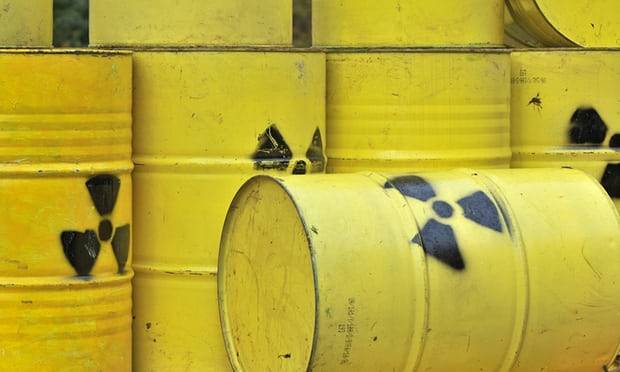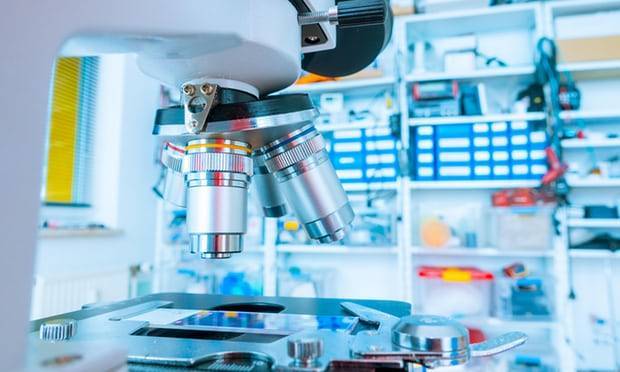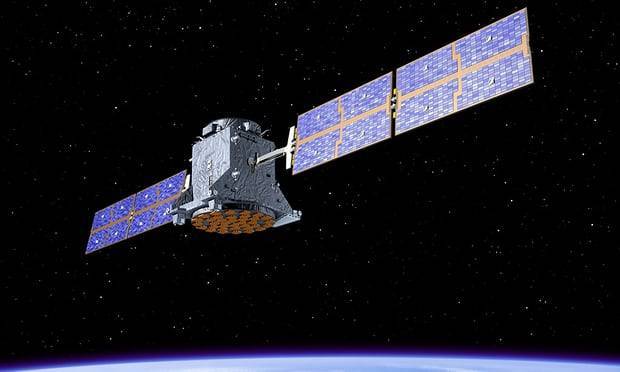Galileo
The EU’s £9bn rival to the GPS satellite navigation system developed by the US. It was commissioned in 2003 and is due for completion in 2020. The European commission has decided to block the UK from working on the system as post-EU it will be considered a “third country”. T he UK is threatening to demand a £900m refund of contributions to the project.

Copernicus
The European Space Agency’s programme has launched six Earth observation satellites so far and UK companies have built hardware and instrumentation for the craft. The programme is 70% funded by the EU, so the status of these manufacturing contracts has yet to be determined.

Euratom
The European atomic energy community (Euratom) is the EU’s nuclear safety and research watchdog – for instance, they regulate the transport of nuclear fuels and isotopes used in cancer treatments. Last year, Theresa May notified the EU of the UK’s intention to leave as part of the article 50 process. Even Vote Leave’s director, Dominic Cummings, has questioned this decision.

Framework Nine
This is the successor to the EU’s Horizon 2020 science funding programme. The UK is currently a net recipient of funding from 2020, and it’s unlikely that the EU will allow that continue. Post-Brexit, an associate membership similar to Norway or Israel’s could be negotiated, but contributions are likely to increase.

European Medicines Agency
While Nice makes judgments on a drug’s cost-effectiveness for the NHS, the EMA rules on safety and efficacy, and authorises them for sale. The body is based in London, but Amsterdam has won the search for a new location after Brexit. At present it is unclear how drugs will be regulated in the UK.
More about: #Brexit
















































